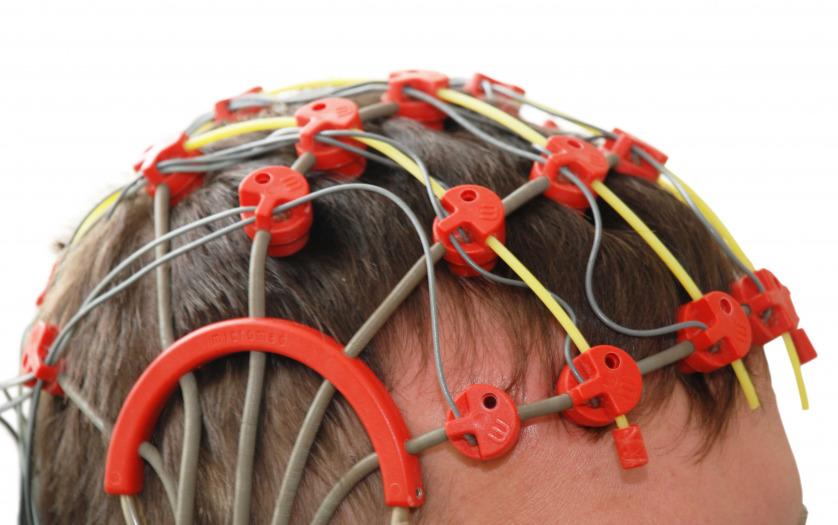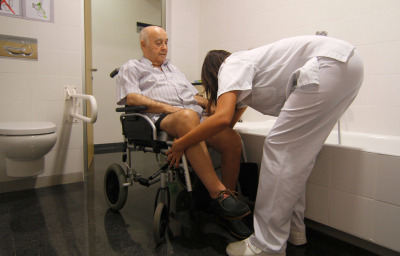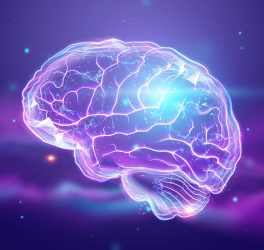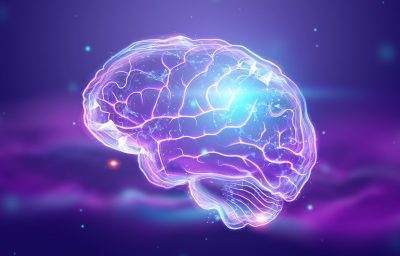
A research team led by a scientist at the University of California, Riverside, has found that brains treated with certain drugs within a few days of an injury have a dramatically reduced risk of developing epilepsy later in life.
The development of epilepsy is a major clinical complication after brain injury, and the disease can often take years to appear.
“Working on rats, whose immune response system models that of humans, we identified that after brain injury a certain immune system receptor makes the brain more excitable, which promotes development of epilepsy,” said Viji Santhakumar, an associate professor of molecular, cell, and systems biology at UC Riverside and the lead author of the study that appears in the Annals of Neurology. “If this receptor can be suppressed, preferably within a day after injury, the future development of epilepsy can be reduced if not entirely prevented.”
The receptor in question is the Toll-like receptor 4, or TLR4, an innate immune receptor. Following a brain injury, TLR4 increases excitability in the dentate gyrus of the hippocampus, the brain structure that plays a major role in learning and memory.
Santhakumar explained two factors are involved in brain injury: a neurological complication and the immune system. These factors have traditionally been studied separately, she said.
“Our team, however, studied these factors together,” she added. “This approach helped us understand that the immune system operates through a very different mechanism in the injured brain than in the uninjured brain. Understanding the difference can guide us on how best to target treatments aimed at preventing epilepsy after traumatic brain injury.”








